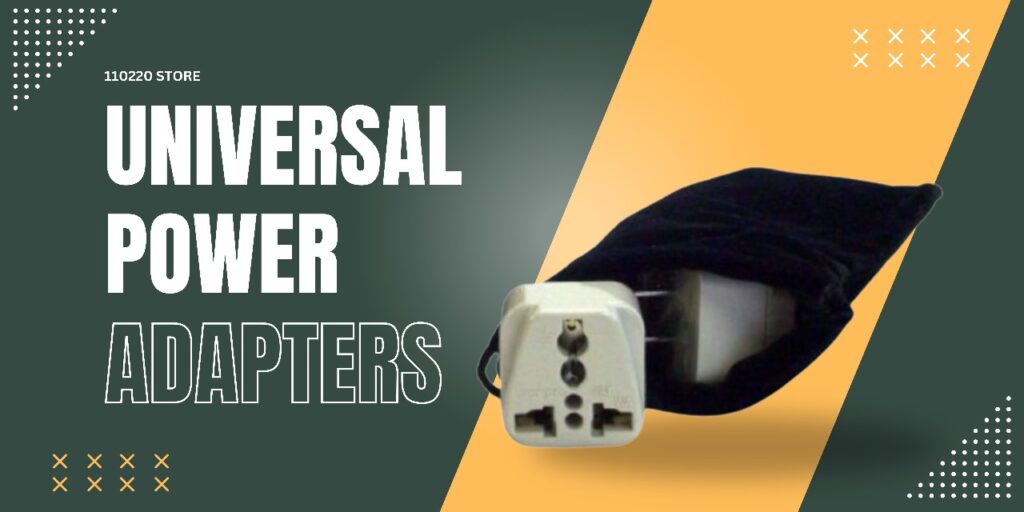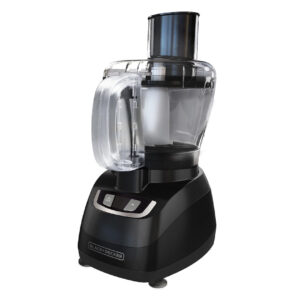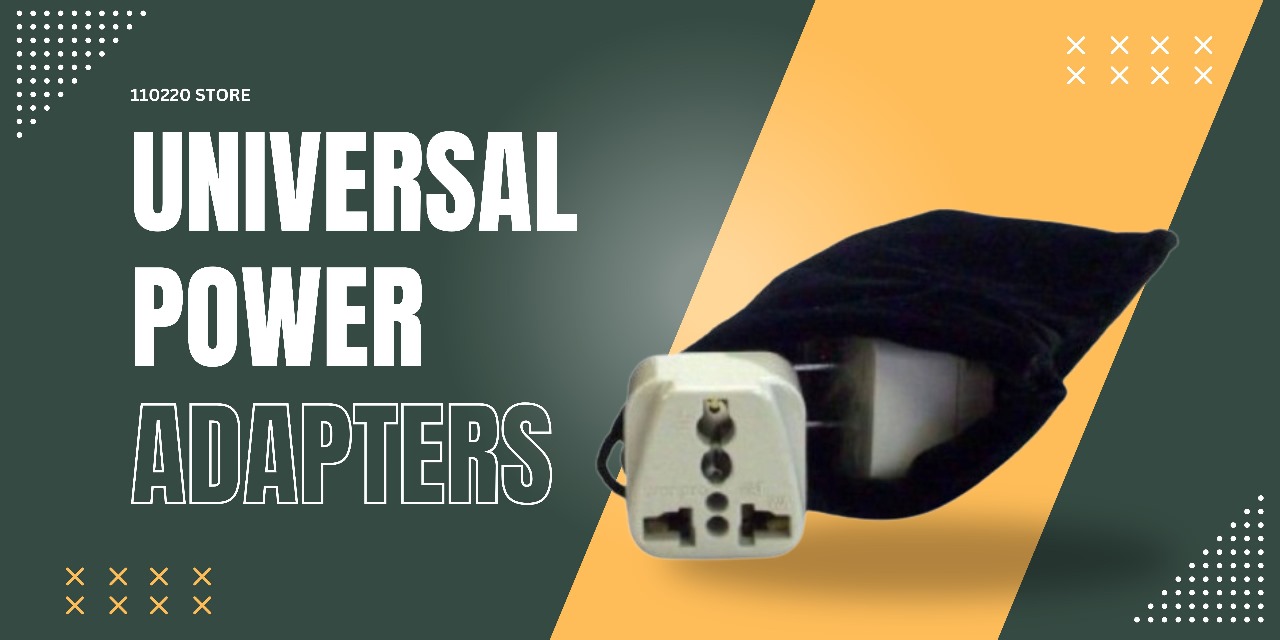Subtotal: $58.76
Essential Guide to Choosing the Right Universal Power Adapter.

In our increasingly interconnected world, electronic devices have become essential companions for work, travel, and entertainment. But venturing beyond your home country can introduce a new challenge: navigating the labyrinth of power outlets and voltages. This is where the universal power adapter steps in, promising a one-size-fits-all solution for powering your devices anywhere on the globe.
However, before you blindly trust a single adapter for all your electronic needs, it’s crucial to understand the complexities of global power and choose the right solution for your specific devices. This comprehensive guide from 110220volts.com, your one-stop shop for all things electrical, will equip you with the knowledge to confidently navigate the world of power adapters.
Understanding the Power Grid: A World of Differences
The first step to choosing the right adapter is understanding the fundamental differences in electrical power systems around the world. Here’s a breakdown of the key factors to consider:
- Voltage: Measured in volts (V), voltage refers to the electrical pressure that pushes current through a circuit. The standard voltage varies by country, with common ranges being 100-127V (North America, Japan) and 220-240V (Europe, Australia). Using an incompatible voltage can damage your device permanently.
- Frequency: Measured in Hertz (Hz), frequency refers to how often the electrical current changes direction in a cycle. The most common frequencies are 50Hz and 60Hz, and while some devices can handle both, others might not function correctly or experience reduced efficiency.
- Plug Types: Different countries utilize various plug configurations to physically connect devices to the power outlet. Common plug types include North American (Type A/B), European (Type C/F), United Kingdom (Type G), and Australia (Type I).
Demystifying the Universal Power Adapter
A universal power adapter boasts the ability to adapt to different plug types and, in some cases, voltage ranges. It typically features a central base unit with various interchangeable plug attachments, allowing you to connect it to outlets in different regions.
Benefits of a Universal Power Adapter:
- Convenience: A single adapter eliminates the need to carry multiple country-specific adapters.
- Portability: Compact and lightweight design makes it ideal for travel.
- Versatility: Adapts to various plug configurations (depending on the model).
Limitations of a Universal Power Adapter:
- Voltage Conversion: Not all universal adapters convert voltage. It’s crucial to ensure the adapter is compatible with the voltage range of your device and the destination country.
- Limited Power Output: Some adapters may have a lower power output compared to the original device adapter, leading to slower charging times.
- Safety Concerns: Choose a reputable brand with safety certifications to avoid potential damage to your devices.
Who should consider a Universal Power Adapter?
- Travelers with a limited number of devices requiring low power (phones, tablets).
- Users with devices that support a wide voltage range (many modern electronics).
Beyond the Universal: Choosing the Right Adapter for Specific Needs
While a universal adapter offers convenience, it might not be the optimal solution for every situation. Here’s a breakdown of alternative adapter options:
- Plug Adapters: These simple adapters convert your existing device plug to the local outlet configuration without affecting voltage. Ideal for single-use trips or devices with built-in voltage converters.
- Voltage Converters/Transformers: These devices not only adapt the plug type but also convert the incoming voltage to match the specific requirements of your device. Essential for high-wattage appliances or devices sensitive to voltage fluctuations.
Choosing the Right Adapter:
- Identify your Device Requirements: Check the power ratings (voltage and amperage) on your device’s label or user manual.
- Research Destination Country: Determine the standard voltage and plug type of your travel destination.
- Evaluate Your Needs: Consider the number of devices, power requirements, and travel frequency.
Safety First:
- Purchase adapters from reputable brands with safety certifications like UL (Underwriters Laboratories) or ETL (Electrical Testing Laboratories).
- Avoid using adapters with visible damage or loose connections.
- Never overload an adapter by exceeding its rated capacity.
110220store.com: Your Partner in Power Solutions
At 110220volts.com, we understand the importance of having the right tools for the job. Our extensive selection of transformers, extension cords, and adapters ensures you have the perfect solution for any power need, whether you’re traveling the globe or simply managing your home electronics.

 Black & Decker 8-Cup Food Processor Black FP1700B
Black & Decker 8-Cup Food Processor Black FP1700B 